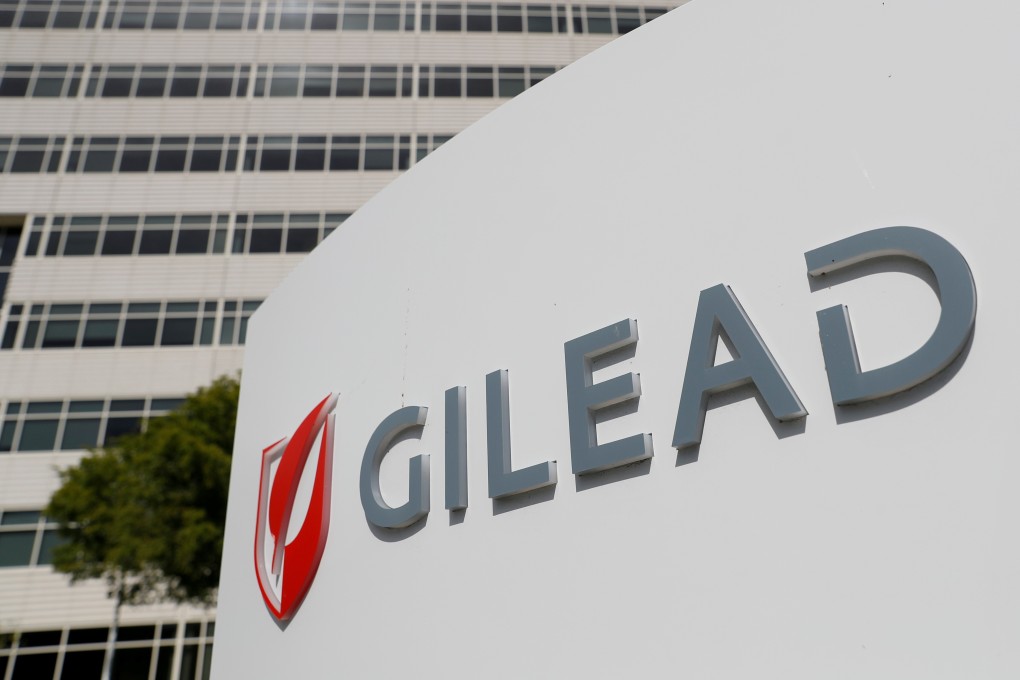US expected to approve use of remdesivir after trials show it helped coronavirus patients
- Food and Drug Administration seen to allow emergency use of Gilead Sciences’ experimental drug after clinical trials show its effectiveness
- US President Donald Trump hails data as good news, though top disease expert Anthony Fauci says results need to be further analysed

The US Food and Drug Administration is expected to announce approval for the emergency use of a new experimental drug after trials showed it is effective in treating Covid-19.
The biopharmaceutical firm Gilead Sciences said on Wednesday that clinical trials had shown its antiviral drug remdesivir improves outcomes for coronavirus patients.
According to Gilead, a trial on patients with severe cases of Covid-19 found that 62 per cent of them treated early with remdesivir were discharged from the hospital, compared with just 49 per cent of patients who were treated later. In a government-run trial, patients given remdesivir had a 31 per cent faster recovery time than those who received a placebo.
Remdesivir disables the mechanism by which viruses replicate themselves and overwhelm their host’s immune system.

It was unclear Wednesday evening when the announcement about remdesivir’s emergency authorisation would be made, but the trials had been closely watched, and the anticipated announcement both moved the stock markets during the day – with broader markets rising and Gilead shares soaring 5.7 per cent – and garnered a response from Washington.